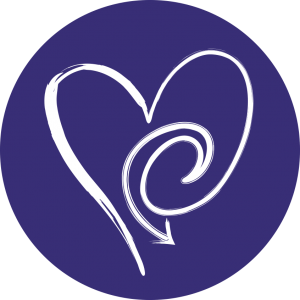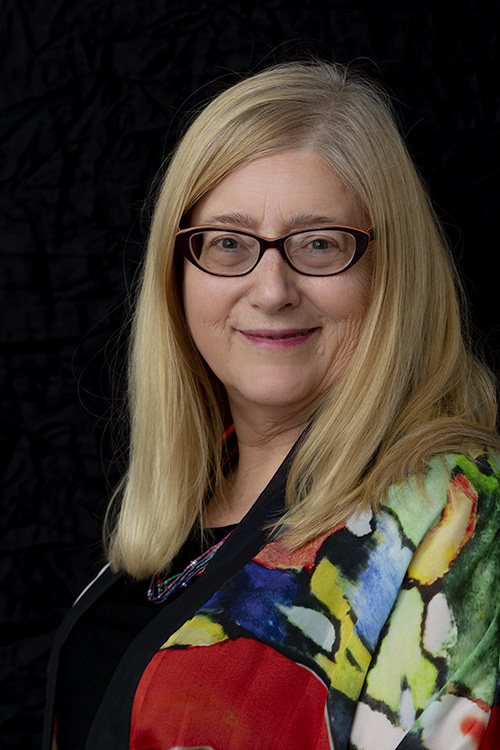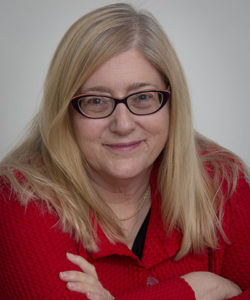Including Ourselves in the Circle of Care
Three of my children were preschoolers at the same time. If you’ve lived through that phase of life, you probably don’t remember much, because you were too busy coping with each moment to reflect and store away memories. I do recall women whose children were already grown telling me to take care of myself; that I would be a better mother to my children if I reserved time for self-nurture. I didn’t even have time to tell them I didn’t have the time. I didn’t even think I had time to get annoyed. But given that their words have stuck with me since the 1980s, it’s a good bet I was irritated.
All the same, I knew those women were right. Back in college I had read Carol Gilligan’s book, In a Different Voice, that talks about how women tend to include everyone around them in the circle of care while excluding ourselves. Knowing that something is an issue may be the first step in making change happen, but it doesn’t mean you have the capacity to act.
My children are long since grown – the three who were toddlers in the 1980s and the one who arrived later. When their urgent needs subsided, I did learn to take better care of myself, in fits and starts, by trial and error. But in recent years, something else has taken on the urgency of my children’s needs when they were little: the cares of the whole world, which seems to come apart before our eyes. Other women’s children are caged at the border, other women’s toddlers are shot by random gunmen, and entire species are dying, one after another.
It is a different kind of constant pull: Not a cry from a crib in the next room but a continual barrage of terrible stories on social media, in the newspaper, on television. Like a mother of young children who cannot rest while any of her children has an unmet need, each of us now is subject to the incredibly powerful needs of our planet and the beings who live and die here.
I’m putting these thoughts on paper while my book about writing erotica sits on the desk in front of me. There is nothing in this book that will feed one child, stop one bullet, or save one member of an endangered species. And given the state of the world, the inevitable question is whether such a project is worthy; whether encouraging women to be creative, to access our whole selves and claim our agency, has a legitimate place. Am I encouraging us to fiddle, an orchestra of Neros, while Rome burns? How can we justify self-care in this present moment?
In her book, How to Do Nothing: Resisting the Attention Economy, Jenny Odell suggests we recalibrate our attention. She says the loud addictive voices of social media absorb us, as if our phones were windows tempting us to rubberneck an everlasting accident, the world colliding with itself. The way to deal with it, Odell suggests, is not to delete our Facebook accounts and loudly proclaim it on Twitter. The answer is to change our relationship with information, to use it instead of being used by it. The answer is to pay attention to what works for us, as humans and as citizens of the world. Like the women who advised me to take care of myself while my children were young, Odell advises her readers to take care of ourselves so that we can respond more effectively to the needs of the Earth.
The world is not a crying baby in the next room. It is more immediate than that: it is the declining quality of the air in our lungs, it is the pollution in our blood. Taking care of the planet is taking care of ourselves. But each of us is also our own being, our own finite self, our own complex water balloon riding this big rock through time and space. Taking the time to write, or whatever we do to claim our agency and bring ourselves joy, recharges us for the struggles ahead.
Not everyone has the bandwidth to do this. For many women – grandmothers at the border, older women who work full time and barely get by, women with health issues and inadequate resources – daily survival takes all they have and more. But for those of us who do have time to make a difference, writing and creating does not rob us of the energy to do the work ahead. Instead it sustains us so that we can do our part for the world, whether our next step is tutoring a child, registering a voter, or writing to an elected representative.
It would be indulgent if we only took care of ourselves, but we can take better care of those around us if we first take good care of ourselves. So go to the gym, take your vitamins, floss your teeth, and remember to play and to write. Let’s make ourselves strong to do the work the world requires of us.


